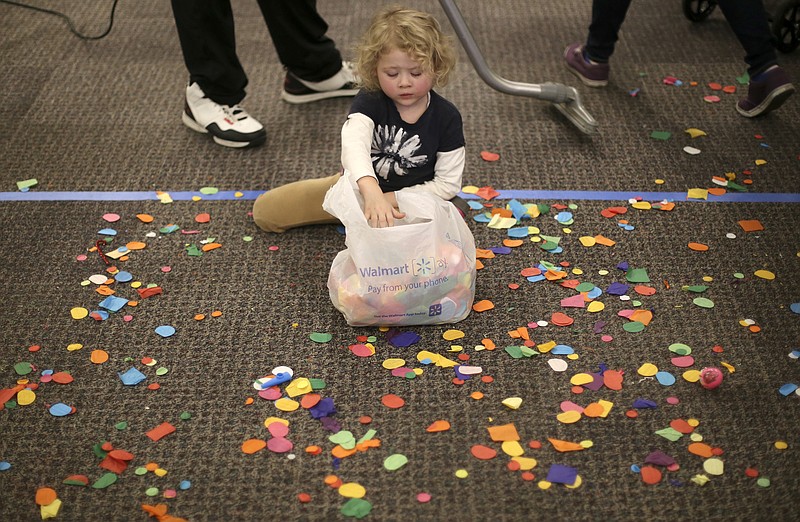Happy New Year! Have you made your New Year's resolutions yet? Will you follow a new diet or exercise regime? Have you made a commitment to stop smoking or avoid substances that impair your physical and mental health? Have you determined to save more money this year?
According to a Huffington Post's Lifestyle article last week, the top six New Year's resolutions are to lose weight, get organized, learn to say "no," travel more, spend more time with family and learn a new skill or hobby. Yet, as most can attest, it's much easier to make resolutions than to keep them.
Why do we make statements of intent and promises that don't materialize?
Well, much of it has to do with the misguided belief that intentions are equal with actions.
The Self-Completion Theory, a psychological model that teaches that "self" is defined by the way society responds to individuals who define themselves with symbols of accomplishment and communicates that self-definition with those symbols. An example might be if a person sees himself or herself as healthy, the symbols of health might include a fit physique, good diet habits, regular exercise and wearing athletic outerwear. To show the "symbol" of health, the individual engages in activities that project the societal definition of health.
However, in this model of behavioral study, research also shows that just talking about those symbols and modeling some of the activities publicly suffice for having achieved a goal, rather than really fulfilling it. For some, then, good intentions are the same as actually achieving that goal.
In a study published in Psychology Science in May 2009, observing this self-completion theory, the results demonstrated that "identity-related behavioral intentions that had been noticed by other people were translated into action less intensively." The study added that "when other people take notice of an individual's identity-related behavioral intention, this gives the individual a premature sense of possessing the aspired-to identity."
In 2017 vernacular, it means that saying you are going to do something feels just as good as actually doing it.
The idea of making resolutions didn't just begin with the retail culture of nonstop advertisements for diets, new-fangled exercise equipment and sleek outerwear.
New Year's resolutions date back to the Babylonians 4,000 years ago, when promises were made to their gods in mid-March - their new year based on the planting season. The Babylonians would observe a 12-day festival, crown a new king and promise their deities that they would pay their debts and return borrowed objects. Rome, during the days of Julius Caesar, fiddled with the calendar to make Jan. 1 the start of a new year, observing the New Years with offerings made to their multitude of gods and with gifts of honey and figs given to neighbors.
Early Christians chose to observe the new year by reflecting on past mistakes with a commitment to correct the same. Here in the South, the rural traditions include food with a dash of superstition. A supper of black-eyed peas (for luck), collard greens (for financial success), hog-jowl or a cut of ham (for health, prosperity and progress) served with a pone of cornbread (for the golden opportunities ahead) rounds out the resolutions with a little lore.
Regardless, if you want good things in 2018, it's more about your resolve than your resolutions or rituals. Let's just make it the best year ever!
Robin Smith, a former chairwoman of the Tennessee Republican Party, owns Rivers Edge Alliance.
